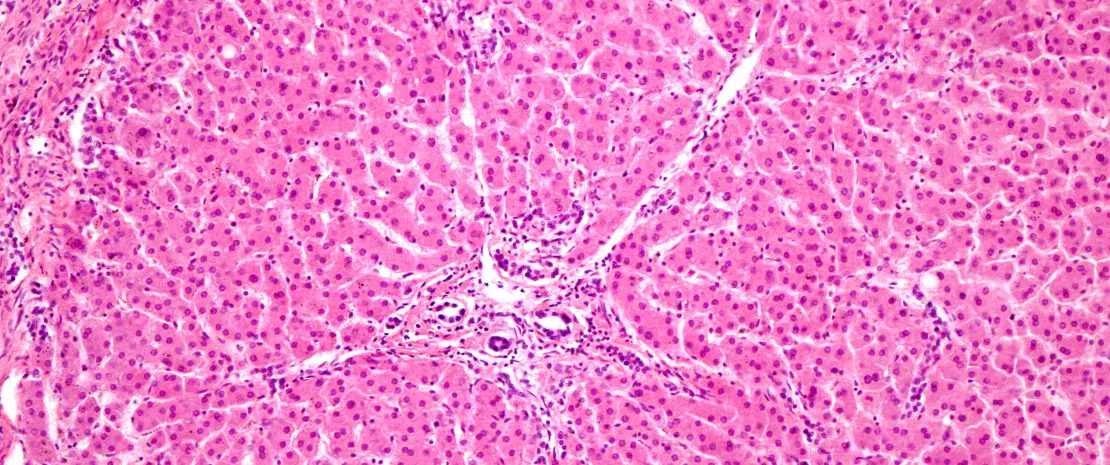Binge drinking: alcohol-related gut dysbiosis may contribute to addiction
A study published in The Lancet eBioMedicine suggests that the gut microbiota of young binge drinkers presents alterations that may accelerate the transition to alcohol addiction later in life. The gut microbiota’s role in the development of alcohol use disorders has become increasingly clear; so could modulating it reduce the risk of alcohol addiction?
Lay public section
Find here your dedicated section
Sources
This article is based on scientific information

About this article
Do disturbances of the gut-brain axis contribute to alcoholism?
Gut dysbiosis and an increase in inflammatory markers have already been identified in chronic alcoholics, particularly in cases of severe AUD and compulsive alcohol drinking. They appear to lead to neuroinflammation, which in turn results in cognitive and behavioral disorders, particularly social disorders.
Deficits in social cognition have been reported in young binge drinkers. These dysbiosis and disturbances of the gut-brain axis may thus be involved in the transition to alcohol addiction.
« Binge drinking »
Common among teenagers, binge drinking is defined as the repeated consumption of large amounts of alcohol within a short period of time, leading to a blood alcohol concentration of at least 0.8 g/L. One in three young Westerners engage in binge drinking, which has been associated with cognitive and anatomical alterations, as well as an increased risk of developing alcohol-related mental diseases and alcohol use disorder (AUD) later in life.
An Irish team conducted a study on 71 young people aged 18 to 25 (37 women, 34 men) who were not dependent on alcohol in order to identify early signs of AUD among binge drinkers. The researchers explored the links between gut dysbiosis, inflammation, alcohol cravings, sociability deficits and impulsivity, a cognitive trait known to accelerate the transition to alcohol addiction. To do so, they subjected the participants to a neuropsychological evaluation, measured inflammatory markers in biological samples (blood, saliva, etc.) and, lastly, carried out metagenomic sequencing on fecal samples. During the three months of follow-up, the participants recorded their alcohol consumption and alcohol cravings.
Dysbiosis associated with binge drinking and cognitive impairment
The researchers observed that binge drinking was accompanied by specific taxonomic and functional imbalances in the gut microbiota, which in turn were associated with emotional regulation disorders. Statistical analyses showed that altered emotion recognition was linked to a decrease in Clostridium, Flavonifractor plautii, and Eggerthella lenta species, and an increase in Coprococcus species. Impulsivity was associated with a decrease in Collinsella and an increase in Roseburia and Parabacteroides. Compulsive alcohol drinking was correlated with a reduction in Ruthenibacterium lactiformans and an increased release of interleukins, a sign of immune overstimulation. Lastly, engaging more frequently in binge drinking was associated with decreased production of short-chain fatty acid isovalerate and increased impulsiveness.
Modulating the gut microbiota in the vulnerable period of adolescence
This study highlights the gut microbiota’s role in regulating social cognition and impulsiveness, and demonstrates that binge drinking is associated with alterations in the gut microbiota that foreshadow the onset of alcohol dependence. This may pave the way for new dietary or pre-/probiotic interventions to improve alcohol-related dysbiosis during the critical developmental period of adolescence.







